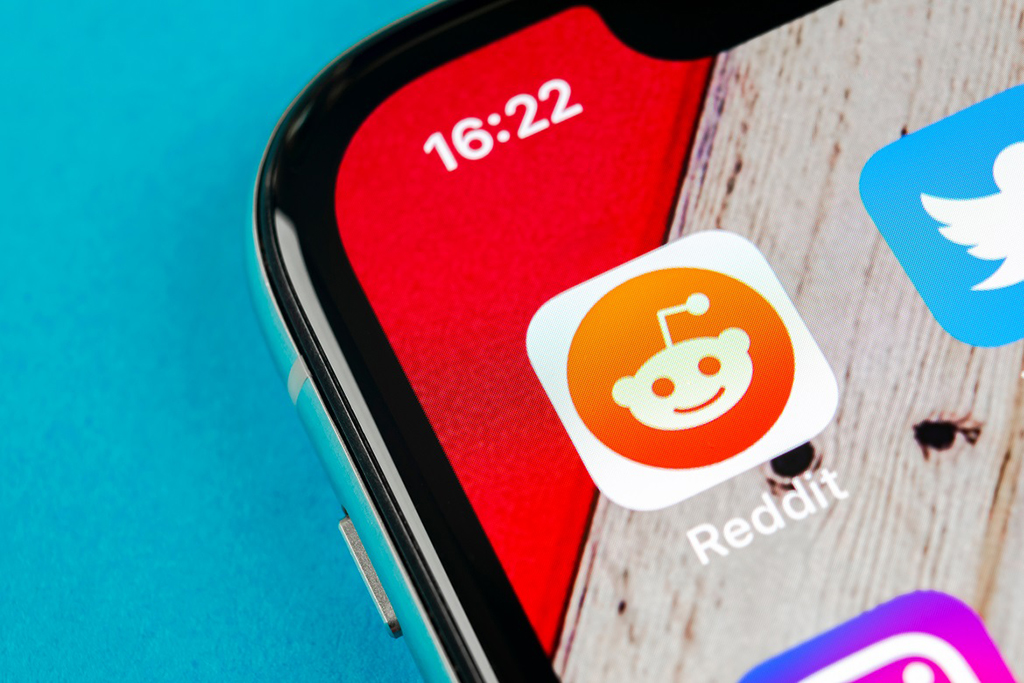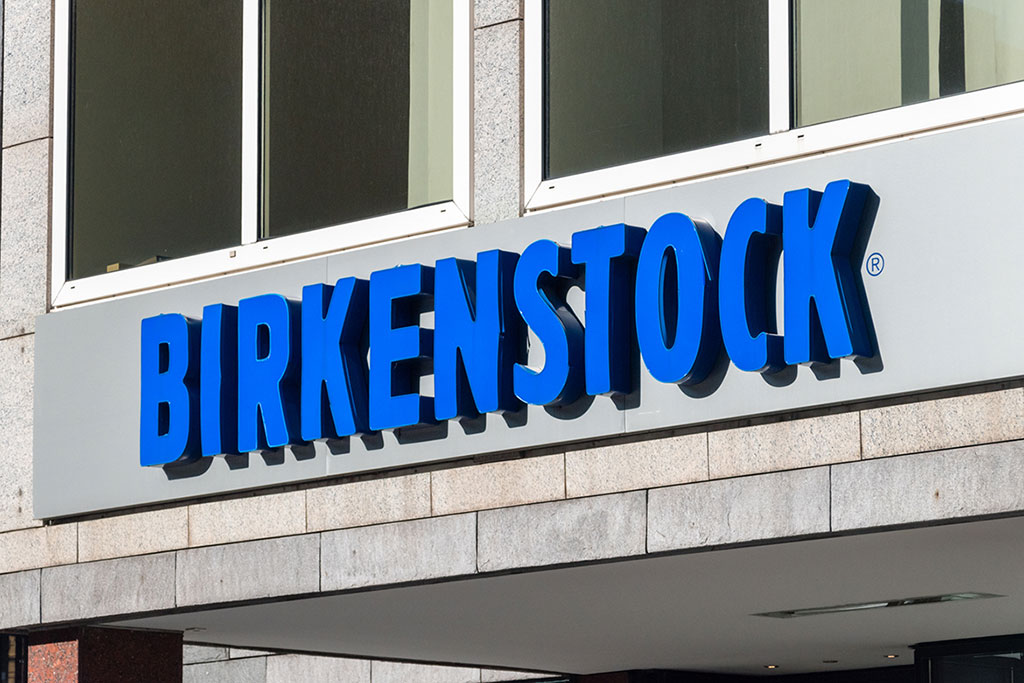
Reddit initially filed for an IPO in December 2021 and was expected to make its public debut the following March.


Instacart specializes in delivering groceries and home essentials from a variety of local stores.
Instacart is an American company that operates a grocery delivery and pick-up service in the United States and Canada. The company offers its services via a website and mobile app. The service allows customers to order groceries from participating retailers with the shopping being done by a personal shopper.
Instacart was founded in 2012 by serial entrepreneur Apoorva Mehta, a former Amazon, Inc employee. Apoorva was born in India and moved with his family to Canada in 2000. He studied engineering at the University of Waterloo and graduated in 2008. He was a participant in Y Combinator’s Summer 2012 batch, which eventually led to the creation of Instacart. In 2013, Mehta was included on the Forbes 30 Under 30 list. Apoorva previously worked at BlackBerry, Qualcomm, and then Amazon as a supply chain engineer, where he developed fulfillment systems to move packages from Amazon’s warehouses to customers’ homes. Before founding Instacart, Apoorva had tried to start at least 20 other services. He tried building an ad network for social gaming companies, and developing a social network specifically for lawyers, among other start-ups.
Instacart originally launched in San Francisco. By April 2015, the firm had about 200 employees. It introduced a new policy around June allowing some shoppers to choose to be part-time employees, starting with Chicago and Boston and extending its offer to shoppers in Atlanta, Miami, and Washington D.C. the following month.
In September 2016, the company announced an expansion to its zone on the north side of Chicago. In October 2016, it announced the expansion of coverage areas in Orange County, California and Minneapolis.
In November 2016, the company changed its policy and removed the option to leave a gratuity in exchange for a service fee that would be used to pay workers instead. Backlash against the policy due to lower profits for at least some shoppers and with customers forced the company to reinstate the option only weeks later with modifications that placed the tip under the service fee section on a separate page.
In March 2017, Instacart agreed to pay $4.6 million to settle a class action settlement stemming from the alleged misclassification of its personal shoppers as independent contractors. The suit, filed in March 2015, alleged 18 violations, including improper tip pooling and failure to reimburse workers for business expenses.
In November 2017, the company expanded to Canada by announcing a partnership with Loblaw Companies to begin delivery from select locations in Toronto and Vancouver. That same month, some Instacart workers participated in a strike action, alleging wages as low as $1 an hour. Instacart claimed that the strike had no impact on its operations. By mid-2018, Instacart was available for use in 11 Canadian markets and was planning expansions for five more markets. In September 2018, Instacart added service from Walmart Canada stores, Staples Canada and M&M Food Market.
In January 2018, the company acquired Toronto-based Unata, a white-label platform for grocers, for $65 million. In April 2018, Instacart made a few additional changes to its pay service by instituting a mandatory 5% service fee on all orders. It originally offered an optional 10% service fee that went directly to Instacart that could be turned off. It also returned the gratuity option back to the checkout screen and raised the default value from 0% to 5%.
In 2018, Instacart announced national expansions with retailers including Kroger, Aldi, Sam’s Club, Publix, and Costco. In February 2018, Instacart withheld tips given by customers to shoppers, blaming a software bug. In addition, customers were often charged for service fees that were supposed to be waived.
In November 2018, Instacart announced the national expansion of Instacart Pickup, a grocery click-and-collect service, whereby users pick up their pre-packaged orders at the grocery store. In November and December 2018, Instacart again changed its pay system for its personal shoppers; shoppers claimed this pay system resulted in substantially lower pay and boycotted. Instacart customers complained on social media that their orders were being delayed.
In February 2019, after an online organizing campaign in which shoppers posted examples of payments as low as $0.80 per delivery attracted media and customer attention, the company announced that it would revise its pay system and give back pay to some workers. Under the revised pay system, tips were no longer factored into the minimum base wages, which were newly set at $7-$10 for a full-service shopping order (based on delivery market) and $5 for delivery only.
In March 2019, Instacart expanded its same-day alcohol delivery service in the US. On April 11, 2019, the company expanded its services to offering an on-demand option for its workers, in order to allow workers to work more flexible schedules. Effective May 2019, Whole Foods Market ended its partnership with Instacart. As of December 2019, Instacart’s alcohol delivery service included over 30 new partners in more than 20 states and Washington, D.C. such as Aldi, Sam’s Club, BJ’s Wholesale Club, Sprouts Farmers Market, and The Fresh Market.
In February 2020, Instacart employees in Skokie, Illinois voted to unionize. Instacart said it “will honor” the vote, pending certification of the results. In the lead-up to the election, high-level Instacart managers distributed anti-union literature at a Skokie grocery store where some of the unionizing workers pick up groceries for delivery. About 12,000 of Instacart’s 142,000 workers are employees with the option of unionizing.
From mid-March to mid-April 2020, Instacart hired an additional 300,000 workers to meet the surge in demand for grocery deliveries during the COVID-19 pandemic. Data from Apptopia demonstrated a 218% increase in daily downloads as distancing measures increased. Instacart also introduced new services in response to the pandemic, including a contactless delivery option, safety kits and guidelines for shoppers, and new sick leave policies and pay for those affected by COVID-19.
In March 2020, Instacart workers threatened to strike on March 27, 2020 related to lack of COVID-19 safety measures. A group called the Gig Workers Collective called for a nationwide walk-out to be held on Monday, March 30. They had been asking Instacart to provide workers with hazard pay and protective gear, among other demands. As of April 18, 2020, Instacart reportedly had not provided the safety kits to a majority of its workers, who describe a complicated process to order them.
In May 2020, Instacart began a partnership with Rite Aid, offering its service across 2,400 locations in 18 states. In August 2020, Instacart entered its first partnership with Walmart in the U.S. to offer same-day delivery services. The partnership is a pilot program beginning in Los Angeles, San Francisco, San Diego, and Tulsa.
Additional operations include Albertsons, C&S Wholesale Grocers, Staples U.S., and Total Wine & More, among others. In addition to its grocery partners, Instacart also offers same-day delivery from retailers including Disney store, Sephora, Bed Bath & Beyond, Best Buy, Big Lots, 7-Eleven and others.
On January 14, 2021, Instacart announced a vaccine support stipend to provide financial assistance to shoppers who choose to get the COVID-19 vaccine. On January 21, 2021, the company planned to lay off nearly 2,000 employees, including employees who voted to unionize. This decision came in response to grocers increasingly using Instacart technology to power their pickup offerings and their own employees to fulfill orders made for Instacart pickup, reducing reliance on Instacart’s in-store shoppers.
In September 2023, the company became a public through an initial public offering raising $660 million, valuing the company at about $10 billion. It was listed on the Nasdaq exchange under the stock ticker “CART”.
Grocery delivery

Reddit initially filed for an IPO in December 2021 and was expected to make its public debut the following March.

Birkenstock’s IPO marks a significant event in the financial industry, following in the footsteps of Arm Holdings, Klaviyo, and Instacart, despite a challenging IPO market in recent years.

Mehta stepped down from his role as the company’s CEO last year and following Tuesday’s IPO, will cease to serve as Executive Chairman.